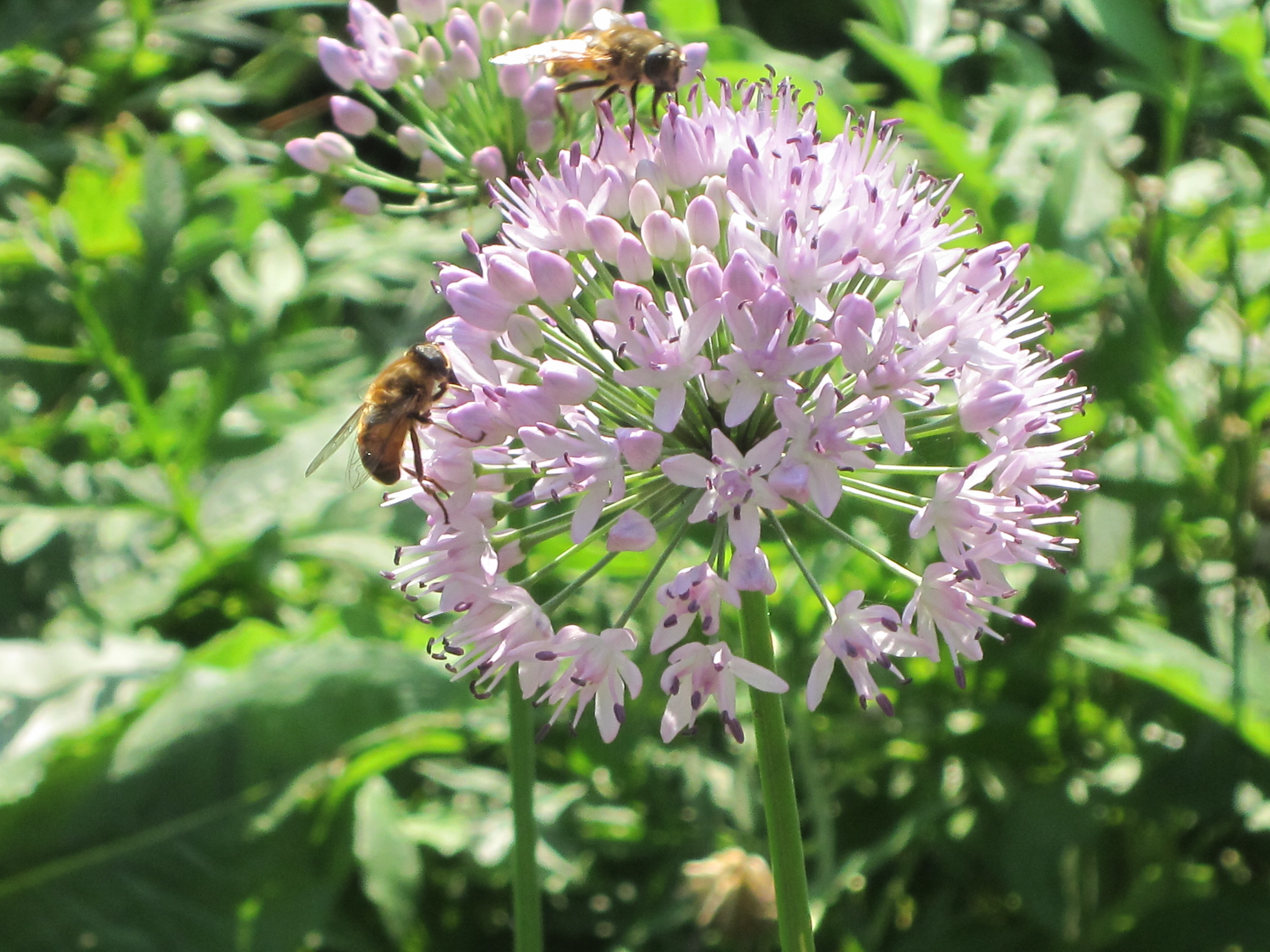Ontario beekeepers do not endorse Bee Health Working Group report

MILTON: The Ontario Beekeepers Association (OBA) has received and read the final report from the Bee Health Working Group presented today by Premier Wynne, acting as Minister of Agriculture. Our response to this report is guided by our concerns related to declining populations of bees, from outright bee kills to chronic health issues, due to the widespread use of neonicotinoid pesticides on field crops in Ontario.
Although the OBA was a committed member of this Working Group, we cannot endorse the full report at this time. The OBA does not support Best Management Practices (BMPs) as a primary strategy to protect bees.
By promoting BMPs, the government incorrectly assumes that neonicotinoids could be safe for bees if applied properly at planting time, ignoring a growing body of scientific evidence that proves that the spread of dust from planters is just one way these pesticides are devastating bee populations.
Further, the report misinterprets the Pest Management Regulatory Agency’s conclusion that “current agricultural practices related to the use of neonicotinoid treated corn and soybean seed are not sustainable”, by implying that it relates to dust at planting when that was not PMRA’s contention.
In fact, research presented to the Working Group showed a significant pesticide residue in puddles and field water during late June, long after crops are planted and crop dust is a potential risk. Bee health research confirms the negative impact of even small amounts of neonicotinoids in ground water, nectar and pollen.
“As a beekeeper and farmer, I have seen the devastation caused by the indiscriminate use of this pesticide.’ said OBA president Dan Davidson.
“This report does not reflect the magnitude of the threat to bee health in Ontario. Given the imminent threat to bees, other insect pollinators and the viability of commercial beekeeping in Ontario, we are also concerned about the lack of urgency in the report. These discussions have dragged on for months and exposed bees to yet another planting season with minimal protection.”
Last year, neonicotinoid treated seed was applied to over 4.7 million acres of corn and soy in Ontario. The OBA believes that until Ontario suspends the use of neonicotinoids on field crops, any voluntary options around best practices will be ineffective.
“We will be meeting with the Minister next week,” continued Dan Davidson, “we hope we can impress on her the need for action to save bees and to ensure a sustainable supply of Ontario- grown fruit and vegetables.”
To view full government report, click here
News clips:
Ont. beekeepers reject bee health report over pesticide residues
MILTON, Ont. — The Ontario Beekeepers Association says it can’t endorse the final report from the Bee Health Working Group.
The report released Wednesday by Premier Kathleen Wynne, acting as Minister of Agriculture, promotes the use of non-insecticide treated seed.
It also encourages the use of products and tools to reduce the risk of pollinators being exposed to dust containing neonicotinoids during planting.
But the association contends the government is incorrectly assuming that neonicotinoids could be safe for bees if applied properly at planting time.
It says the government is ignoring a growing body of scientific evidence proving that the spread of dust from planters is just one way these pesticides are devastating bee populations.
It says research has shown a significant pesticide residue in puddles and field water during late June, long after crops are planted and crop dust is a potential risk.
“As a beekeeper and farmer, I have seen the devastation caused by the indiscriminate use of this pesticide,” said association president Dan Davidson. “This report does not reflect the magnitude of the threat to bee health in Ontario.”
Last year, neonicotinoid treated seed was applied to over 1.9 million hectares of corn and soy in Ontario.
The association says it believes that until Ontario suspends the use of neonicotinoids on field crops, any voluntary options around best practices will be ineffective.
Wynne said the province will “continue to look to the federal government, the regulator of pesticides in Canada, to provide evidence-based direction on a national approach to neonicotinoid use.”









Leave a Reply